At twilight on December 26, unidentified thugs plunged a swastika-engraved dagger through a note that threatened: “We should kill the Jews or teach our children to kill them” into a tree just outside the Chabad house in Ulyanovsk, Russia.
Chabad representative to this Russian city situated about 500 miles east of Moscow, Rabbi Yossi Marozov discovered the note when he ventured outside to investigate after a bottle filled with gasoline crashed through the synagogue’s front window. There are some groups here that don’t like other nationalities, not just Jews. They do not like Muslims or Christians from outside the country,” said Rabbi Marozov. Police responding to the hate crime recommended placement of surveillance cameras and armed guards. Rabbi Marozov is looking into these security measures, but does not currently have funding to pay for them.
The attack comes on the cusp of Chabad’s negotiations with the municipal and oblast officials to purchase two buildings in the heart of Ulyanovsk for a Jewish center. The Jewish community is currently renting one of the buildings, and the other is an adjacent property that would double Chabad’s space. In 2004, Chief Rabbi of Russia Berel Lazar received verbal agreement to the sale of the rented property from the governor. When Rabbi Marozov visited the mayor on Chanukah, to present him with a silver menorah, he was told that the city would cooperate with Chabad’s purchase of the second property. Meetings, legal negotiations, and council approval are still hurdles to clear, but it’s all happening very fast. Rabbi Marozov, who established the Chabad house with wife Suri and their baby Shloime, arrived in Ulyanovsk–Lenin’s hometown–just over three months ago.
Groundwork for the deal was laid not by Chabad alone. Community President Igor Dabakarov has been a vigorous champion of the Jewish community ever since his election to the post ten years ago at the tender age of 21. A native of Tashkent, Dabakarov learned the prayers recited while putting on tefillin with a Lubavitch rabbinical student. Fond memories of Chabad inspired Dabakarov to have Ulyanovsk register with the Federation of Jewish Communities (FJC) when it was formed under Chabad leadership in the nineties. Over the years, Dabakarov has been a vital link between the FJC and Ulyanovsk’s Jews, distributing the thousands of matzahs, menorahs, and Purim packages that Chabad supplied. Dabakarov welcomed the FJC’s placement of a permanent rabbi in town, because “he reached the point that he had done all he could for the community and needed a rabbi with more knowledge to establish a synagogue, programs for the elderly, and teach Torah,” said Rabbi Marozov.
Dabakarov and other community leaders are helping Chabad formulate the legalese they need to finalize the land deal in the suddenly hot real estate market of Ulyanovsk. The government’s moves to westernize the city and entice European investment have driven property prices up in recent years. Yet Governor Governor Sergei Morozov (no relation to the rabbi) is eager to have a synagogue in town and is not allowing potentially larger profits sway him from his commitment to Chabad. It has not escaped the governor’s notice that “every modern, westernized Russian and European city has at least one synagogue,” said Rabbi Marozov.
Governor Morozov has sent messengers to inquire about Chabad’s progress toward the synagogue’s establishment. Potential opposition to the land deal is sure to creep up from various quarters, as the attack on December 26 demonstrates, but Rabbi Marozov said the Jewish community of Ulyanovsk is not frightened. “These problems are just temporary,” said Rabbi Marozov. But he will include surveillance cameras and, possibly, a metal-detector entry in the new building’s plans, just in case.
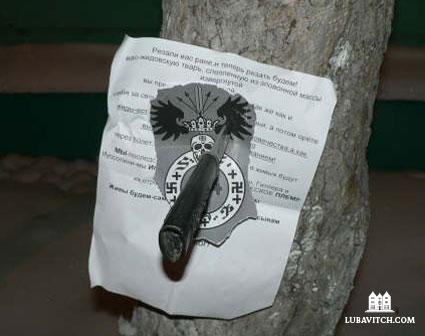

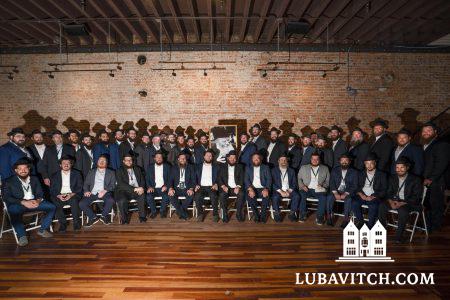

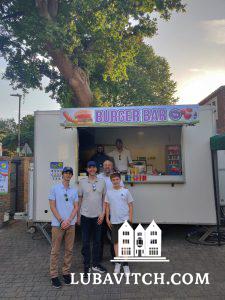
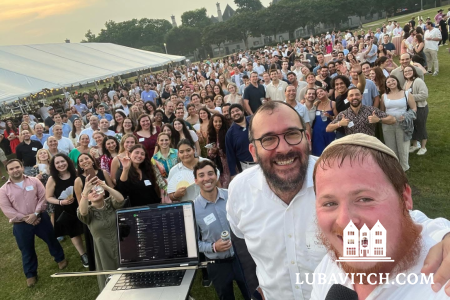
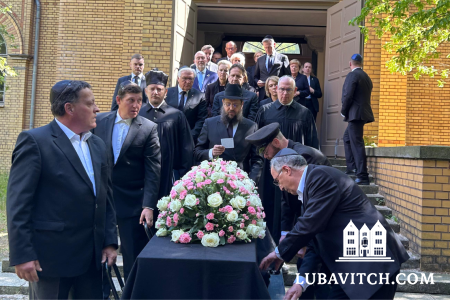
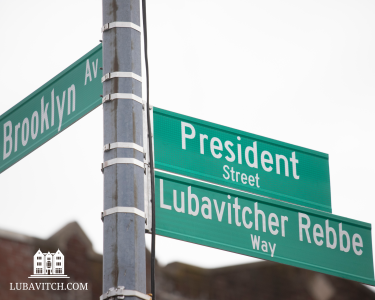
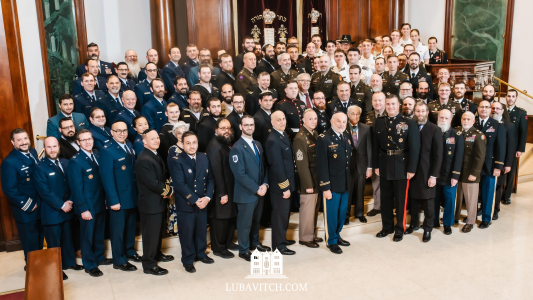

Be the first to write a comment.